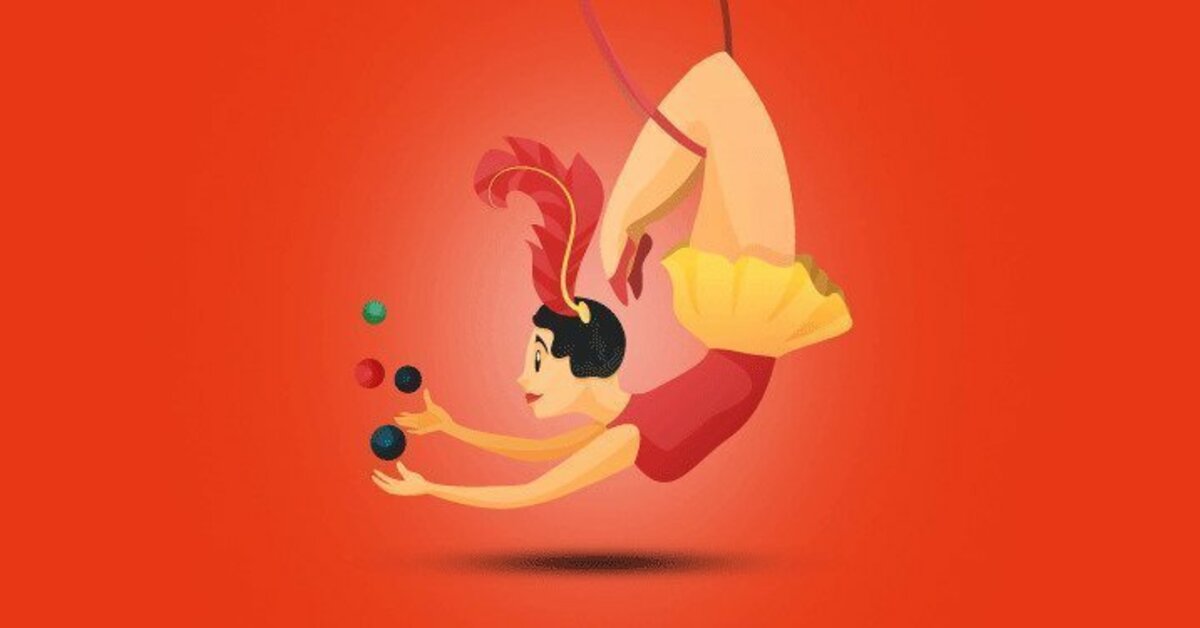Ethical UX designer

I look at the issue of ethics here, focusing on a collaboration between a designer and his team - a process, not the results.
I think it was Jeff Parks who said at UX Poland conference that a clever and wordy UX designer is able to outtalk the team in most cases. The thing is, it works in the short run - for two reasons:
- eventually, there's always someone more robust (a Product Owner? a Client? a Manager?) who finds a good rhetoric insufficient
- when we happen to slip up somewhere, we can't count on understanding
A wholesome atmosphere in a team is essential both to meet an objective, and work in comfort. And in the longer term, it is achievable only when we're fair towards the people engaged in a project.
So how to play the game? Just stick to the following principles.
Justify
With I am savvy so I am right kind of approach, we score an own goal. It cuts short a debate based on arguments (as there is none), and mitigates engagement of the team (because there's no expert but YOU.) Finally, when you don't succeed and your solution doesn't hold water, perhaps nobody will take your side.
What to do, then?
If you suggest a solution, justify it. Refer to a research/book/article, introduce a similar case from the past, or simply try to ground it in a common sense. Your team will understand your train of thought. The better the decisions are figured out, the greater the committment of all concerned.
What if you just follow your gut feeling? Don't conceal it and be genuine, it will make you even more trustworthy.
Admit to lack of knowledge
Uncertainty cannot be erased even from a wizard designer's life. Design is not a mathematical equation. The number of variables that influence a product's reception is immense, and we're not able to predict (and address) all od them.
Contrary to popular belief, there's no need to know the answers. What is needed is an idea how to find a solution.
So instead of trying to force the answers to design problem, I'd rather confess:
Dunno, but let's try it this way:
It's safer both for you and the project.
A no-no: pushing forward your ideas too forcefully
A design process is not about pushing as much ideas of yours as possible, but implementation of the best solutions. Not everyone remembers that.
Attachment to our own ideas causes us to automatically consider them better than others. For instance, during a validation - even unconsciously - it is easy to be more indulgent towards our own solutions. It's necessary to be aware of that, and treat all the ideas as collective ideas - not mine vs. others.
We shouldn't discriminate against the solutions of those less experienced or knowledgeable. The group often appraises them as less valuable alternatives. In this scenario, the best option might be rejected only because it was introduced by a wrong person.
Rely on hard data
The biggest asset of UX designers is the ability to get the data and use it in practice.
It pays to keep that in mind, and be a person of facts and figures - opting for collecting data, testing, most frequent verification of hipotheses. The experience shows that quite a few teams wrongly disregard these facets, and it's only up to us whether a teamwork is based on hard data or subjective opinions.
Consider everyone's perspective
Every UX designer should be something of a user's advocate. But a good lawyer can make compromises sometimes - but not insisting on a client's innocence.
In design, it's the same story. Our ideas should comply with technical and business aspects. An excellent project is of little worth if there's no chance of its implementation. And that's why we should seek the solutions that reach users' expectations and, at the same time, meet the needs of others.
We cannot go overboard to the other extreme as well, and underestimate the user. A consideration for that party is actually always worth our while in the bigger picture. So, let's veto sometimes - in defence of the user. The struggle will be easier, though, when we're known as those striving for compromise.
